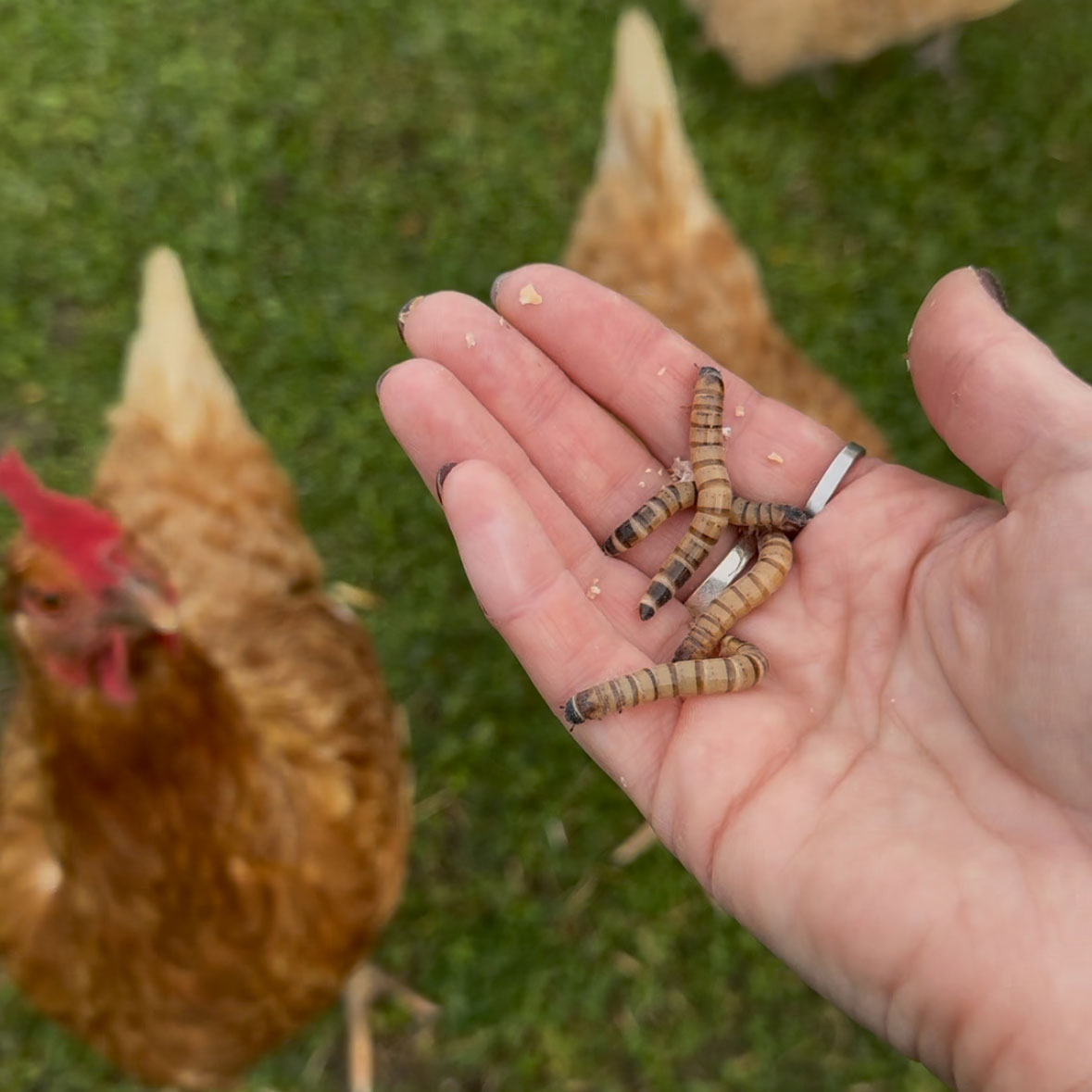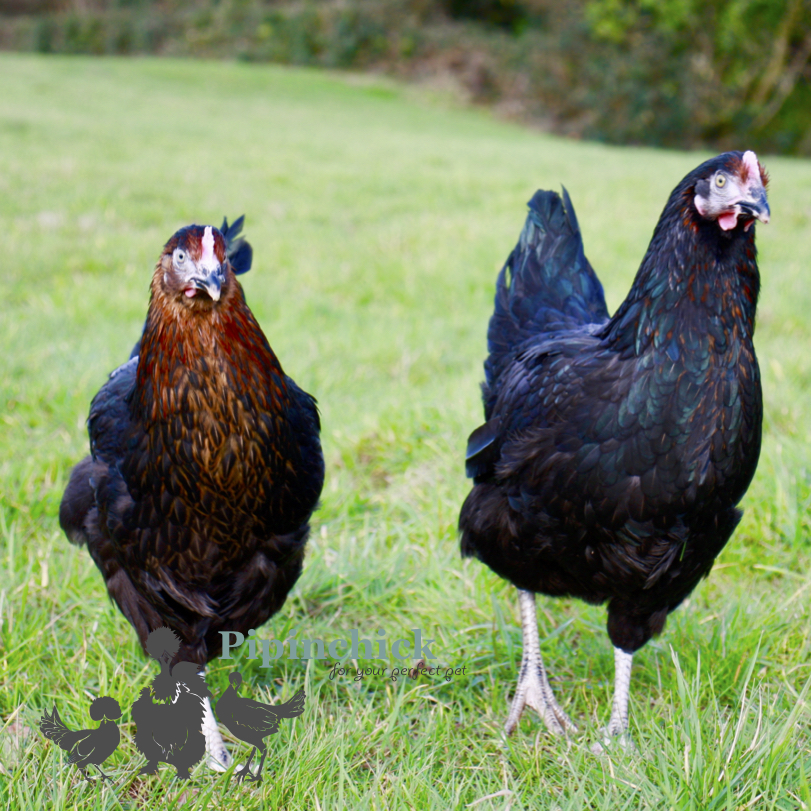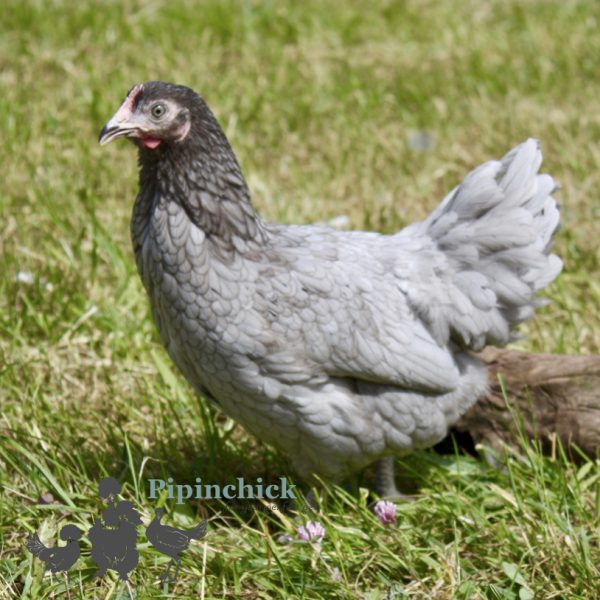


Keeping Laying Hens Healthy in Spring!
Keeping Laying Hens Healthy in Spring!
Keeping your laying hens healthy as we approach spring, it is important to look at your hens’ overall health and put some provisions in place to ensure they transition from winter to spring with ease. As the daylight hours increase your hens will begin laying again, ensuring they have enough nutrients in their diet and a clean and parasite free environment will be crucial during this period.
Here at Pipinchick Silkies, the team have put together some tips to ensure the best health and wellbeing for your laying hens during this seasonal transition.
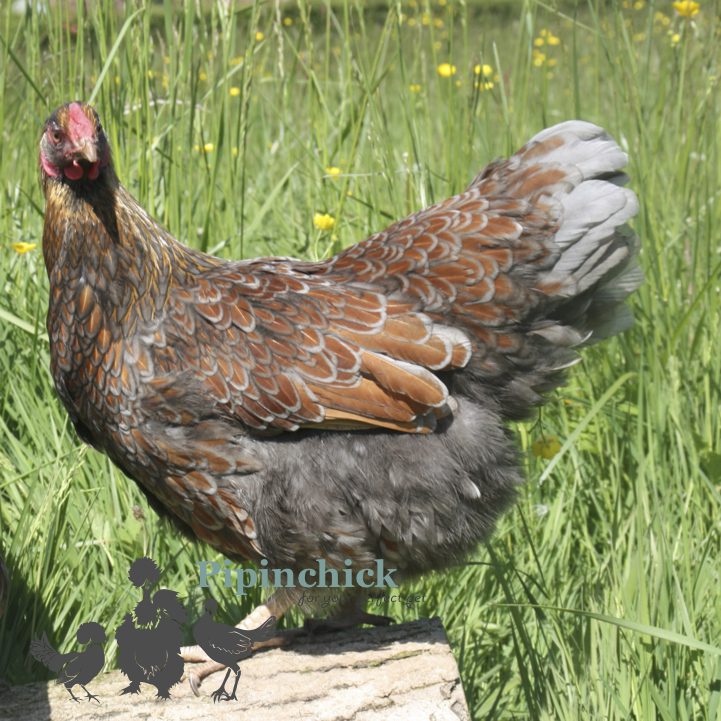
1. Clean and Maintain the Coop
– Spring is the perfect time for a thorough cleaning of the coop. Remove old bedding, clean surfaces with a good poultry cleaner, and disinfect with Virkons.
– Check for any signs of wear and tear in the coop structure and repair as needed.
– Ensure proper ventilation to prevent respiratory issues.
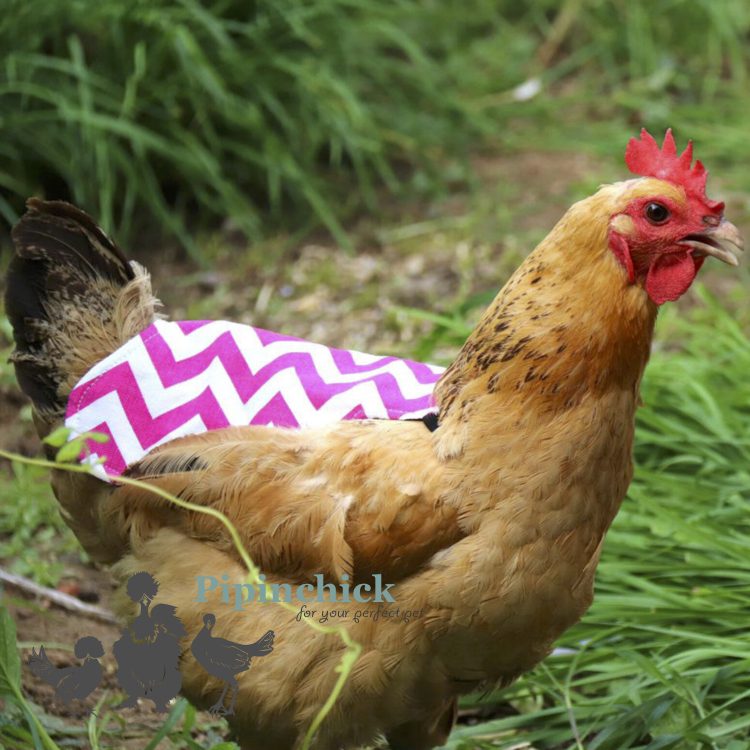
2. Dust Bath Area
– Stress due to mites can reduce egg laying by 10-15 percent
– Provide a dust bath area for your hens. This helps them control mites and parasites naturally.
– You can use a mix of sand and diatomaceous earth in a designated area for them to dust bathe.
– This must be kept dry.
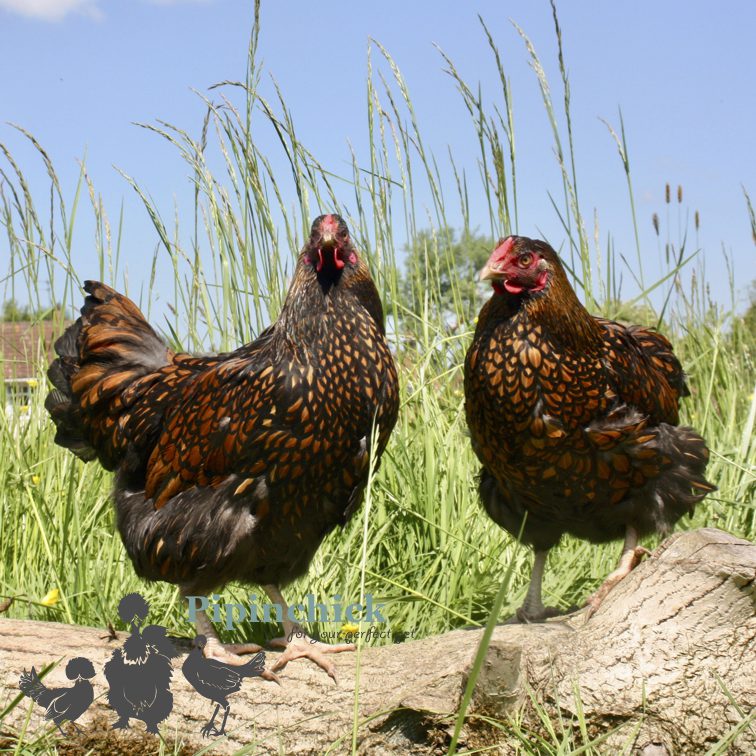
3. Check for Parasites
– Regularly check your hens for signs of mites, lice, or other parasites. Treat, if necessary, with appropriate products.
– Consider adding diatomaceous earth to their dust bath, as it can help control external parasites.
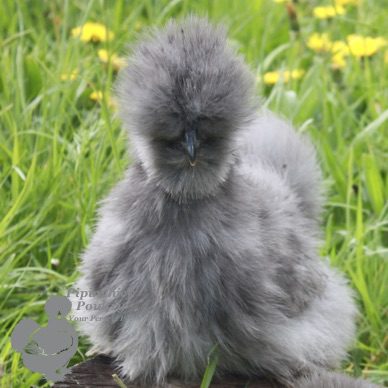
4. Spring Diet
- Adjust their diet to meet the increased nutritional demands of laying during spring i.e. higher protein and more vitamin D.
- Provide a balanced layer feed with sufficient calcium.
- Offer fresh greens, vegetables, and fruits to provide additional nutrients.
- Offer additional water-soluble Calcium tonics such as Agrivite Feather Shell and Bone and offer treats with extra oyster shell.
5. Monitor Egg Production
- Keep track of egg production and watch for any abnormalities
- A sudden decrease in egg production or changes in egg quality can indicate health issues.
- Ensure a proper nesting environment to encourage laying in appropriate places.
6. Health Checks
- Conduct regular health checks, looking for signs of illness such as lethargy, changes in eating habits, or abnormal droppings.
7. Provide Adequate Water
- Ensure a clean and abundant water supply.
- Hens need ample water for egg production and overall health.
- Clean water containers regularly to prevent the growth of harmful bacteria
8. Preventative Measures
- Implement biosecurity measures to prevent the introduction of diseases.
- Control access to the coop and run to reduce the risk of disease transmission.
- Quarantine new birds before introducing them to the existing flock.
9. Natural Lighting
- Spring provides longer days, which can positively influence egg production.
- Ensure that hens have access to natural light, every day, during the day.
10. Observe Behaviors
- Spend time observing your flock's behavior
- Healthy hens will be active, alert and engage in normal activities.
- Address any behavioral changes promptly, as they may indicate health issues.
By paying attention to these aspects of care, you can help ensure that your laying hens remain healthy and productive during the spring season. Regular observation and prompt action are key to addressing any health concerns that may arise. For more information about chickens for sale and hens for sale, contact the Pipinchick Silkies team here.

